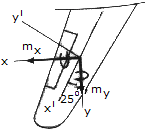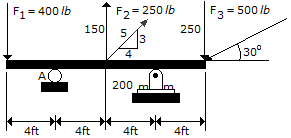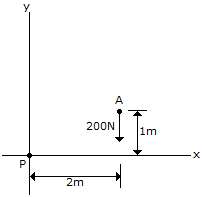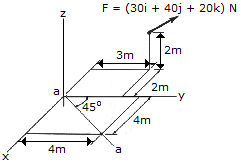Engineering Mechanics - Force System Resultants
Why should I learn to solve Engineering Mechanics questions and answers section on "Force System Resultants"?
Learn and practise solving Engineering Mechanics questions and answers section on "Force System Resultants" to enhance your skills so that you can clear interviews, competitive examinations, and various entrance tests (CAT, GATE, GRE, MAT, bank exams, railway exams, etc.) with full confidence.
Where can I get the Engineering Mechanics questions and answers section on "Force System Resultants"?
IndiaBIX provides you with numerous Engineering Mechanics questions and answers based on "Force System Resultants" along with fully solved examples and detailed explanations that will be easy to understand.
Where can I get the Engineering Mechanics section on "Force System Resultants" MCQ-type interview questions and answers (objective type, multiple choice)?
Here you can find multiple-choice Engineering Mechanics questions and answers based on "Force System Resultants" for your placement interviews and competitive exams. Objective-type and true-or-false-type questions are given too.
How do I download the Engineering Mechanics questions and answers section on "Force System Resultants" in PDF format?
You can download the Engineering Mechanics quiz questions and answers section on "Force System Resultants" as PDF files or eBooks.
How do I solve Engineering Mechanics quiz problems based on "Force System Resultants"?
You can easily solve Engineering Mechanics quiz problems based on "Force System Resultants" by practising the given exercises, including shortcuts and tricks.
- Force System Resultants - General Questions

The main beam along the wing of an airplane is swept back at an angle of 25°. From load calculations it is determined that the beam is subjected to couple moments aMx = 25,000 lb • ft and My = 17,000 lb • ft. Determine the equivalent couple moments created about the x' and y' axis.

Determine the moment of force F1 about point A on the beam.

Determine the magnitude and direction of the moment of the force of the movement if the force at A about point P.

Replace the force at A by an equivalent force and couple moment at P.

Determine the magnitude of the projection of the moment cause by the force about the aa axis.


 = 36.9°
= 36.9°